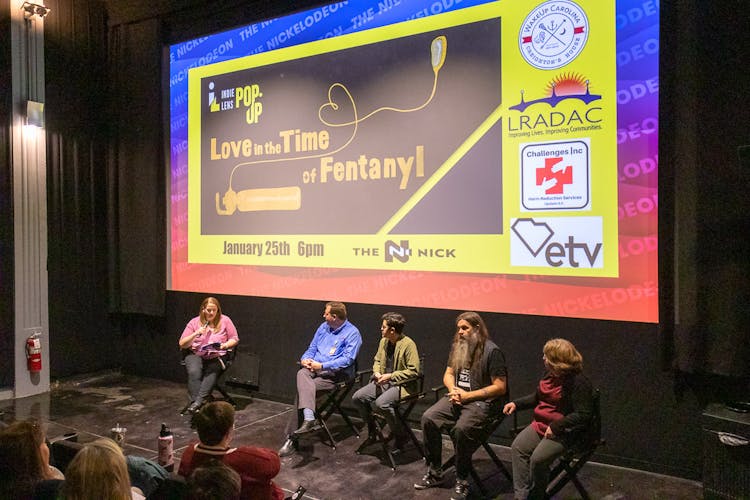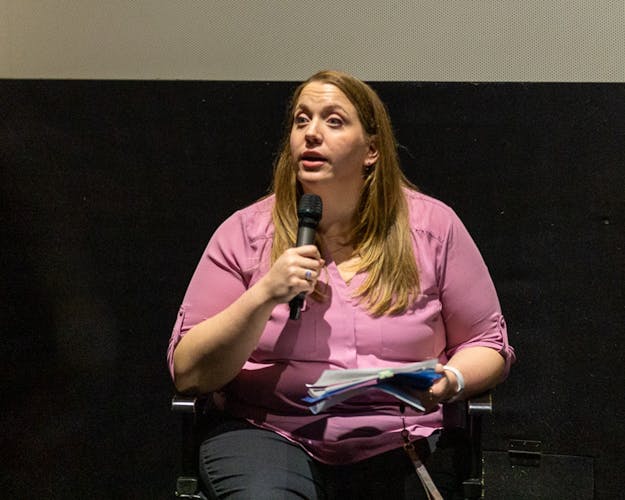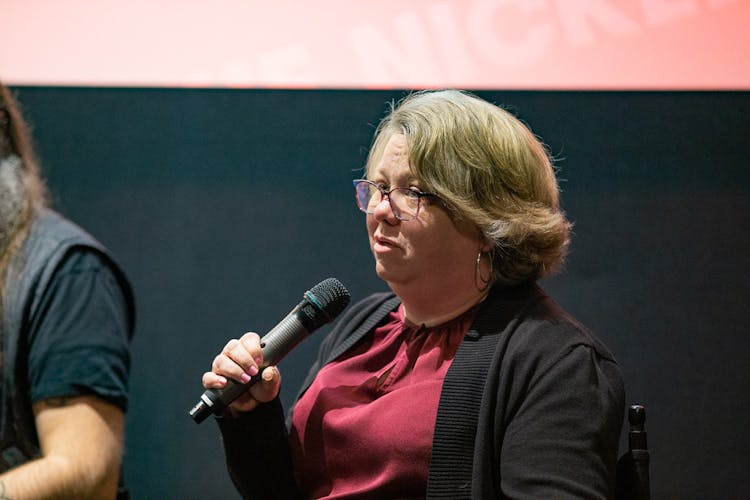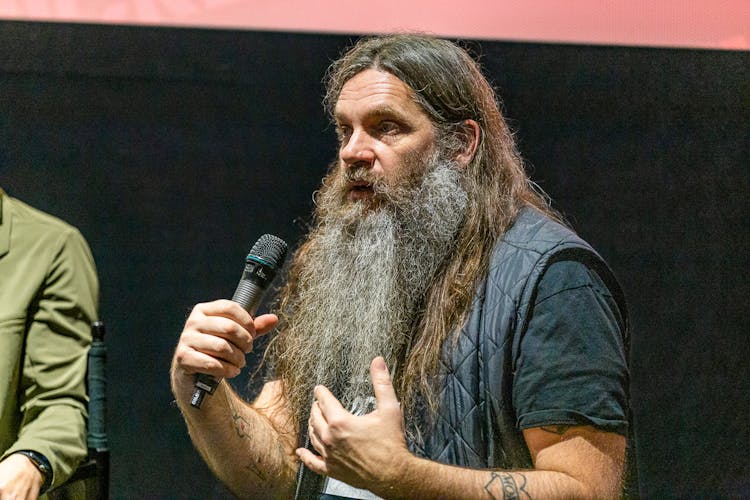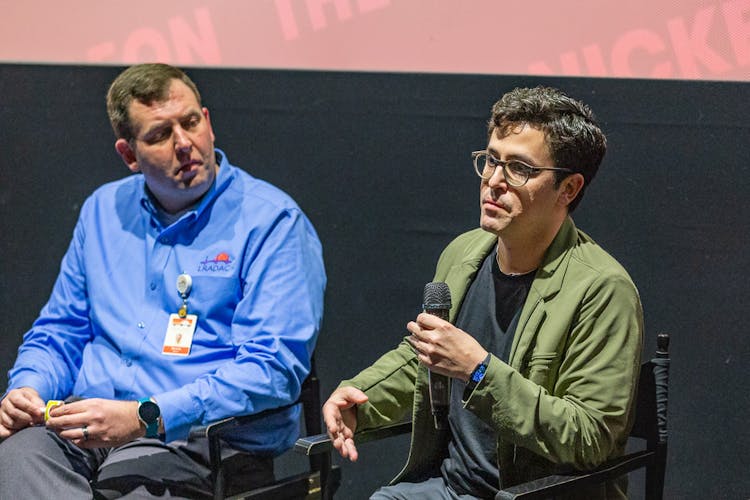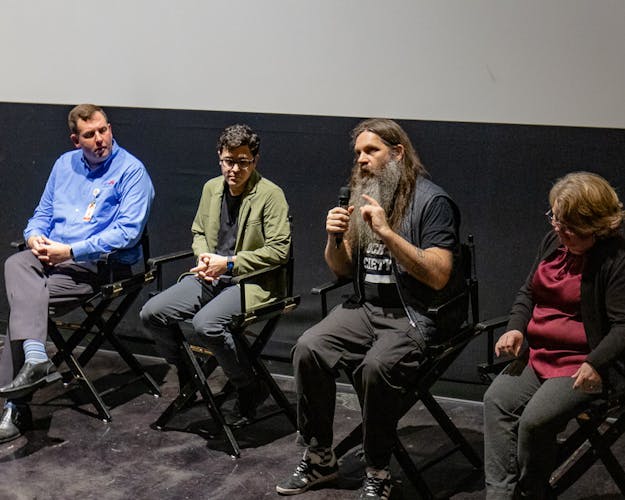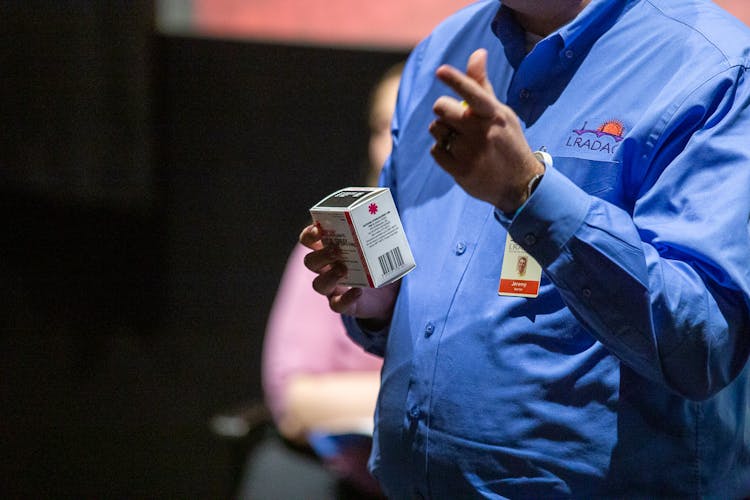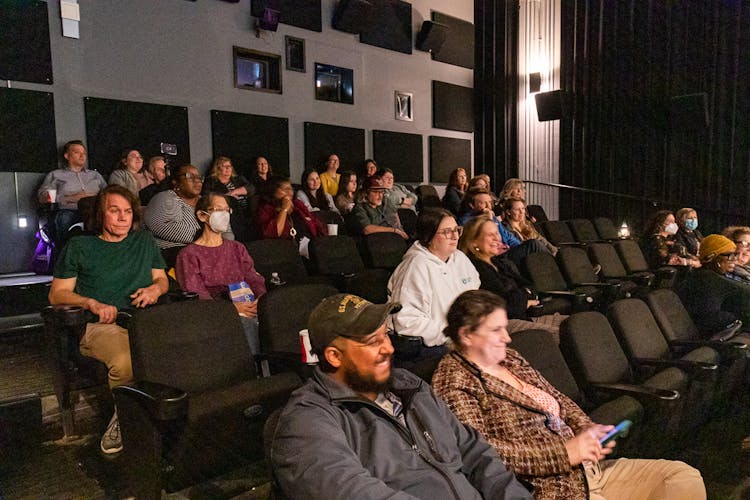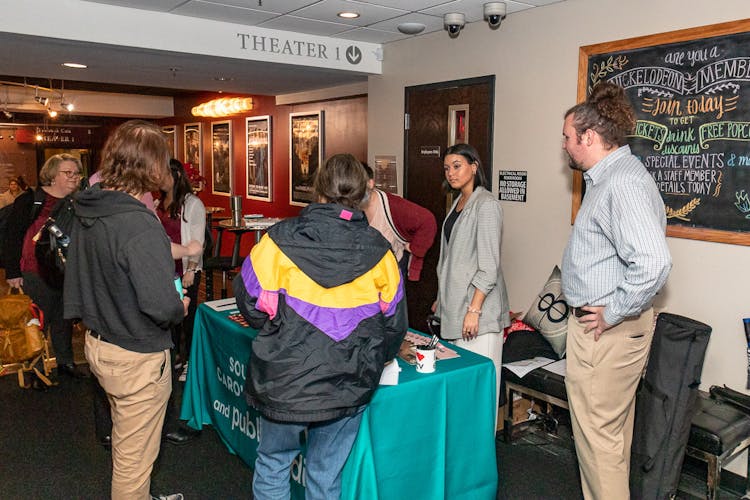The award-winning documentary from director Colin Askey, “Love in the Time of Fentanyl,” takes viewers on an emotional, honest journey following the lives of those impacted by the ongoing opioid crisis.
The film carries heavy themes, including the effects of addiction and homelessness on mental health, as well as the emotional turmoil felt by volunteers on the front lines of the epidemic. However, the overarching message of Askey’s film is that of humanity.
A personal experience with addiction and treatment inspired Askey to return to the Downtown Eastside of Vancouver and craft his documentary.
“What I wanted to do with the film is take people on the journey that I went through, and hopefully kind of shift some of those perspectives and see past some of those preconceived notions that people have about communities like this, and really show the love and the laughter and all that was going on,” Askey said.
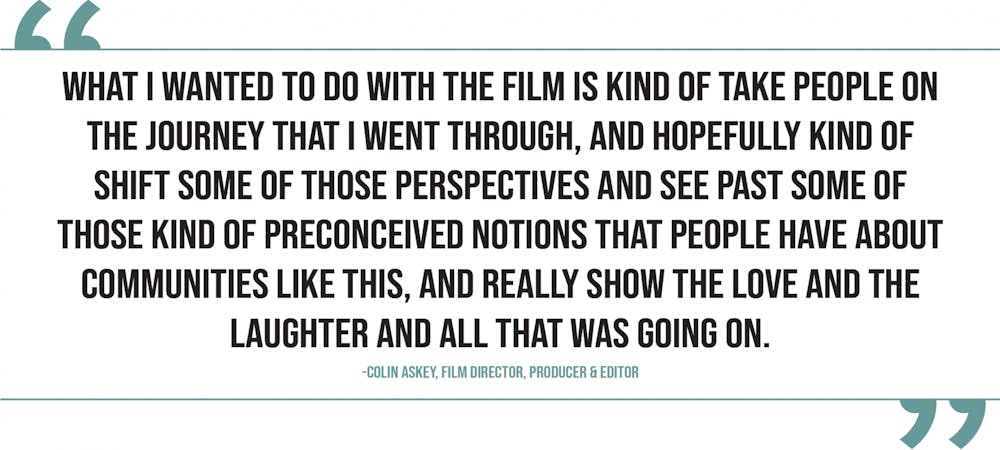
Not only did Askey experience his own drug use issues, but he bore witness to tragedy each day working on the front lines of the opioid crisis. He wants the film to showcase raw honesty of what it is like to be emotionally integrated in a community stricken with an overdose crisis.
"My wife and I were hearing almost weekly of people that we knew and love that were passing away. And lots of our friends were working in the neighborhood and hearing awful stories and really feeling for them. I wanted to get back there and kind of capture it and try and shed light on the situation," Askey said.
Witnessing first-hand the stories and experiences of these communities, Askey showcases the toll the crisis takes on the mental health, not only of users, but also of those combating it.
“It blew my mind and changed everything that I thought I knew about addiction," Askey said. "Really kind of opened my mind to just how complicated it is, how there's lots of ways of looking at it ... and learning about this community that I was in."
Askey believes that the stigma associated with drugs and people struggling with addiction stands in the way of finding better solutions for drug users.
"We look at the reality a bit more, we lose a bit of that stigma that we have towards people who use drugs and just see a community ... people view someone who is injecting drugs as pretty useless in their society," Askey said.
However, those working in harm reduction services are offering safe spaces to provide support to those currently facing drug issues.
“Once you start working there, and for people that are privileged enough to be a part of this community, learn that it is filled with magical people and services and stories. And so, it really became a place over the years that just meant the world to me,” Askey said.
Askey hopes that the film showcases not only the mental health challenges those suffering from addiction face, but also the stories that they carry, so that they will be seen as more than addicts.
“The film was very powerful in presenting individual people and their stories. But often, when we're talking about the opioid crisis, you hear lots of big numbers, discussions of how many people, how many overdoses, things like that, which can show the scope of an issue, but can be very depersonalized," Dr. Jennifer Fillo, an assistant professor at USC's Arnold School of Public Health, said. "Really (the film) focus on individuals and the story."
Aimee Hourigan said Askey's film is a tool to inspire awareness of the dangers of drugs like Fentanyl to the USC audience. Hourigan works at Gamecock Recovery, a program that offers support to students facing the challenges of addiction, overcoming the uncertainty of substance use and looking for a safe space.
If anyone you know is suffering from issues with addiction or if you are looking for support in a safe space, Gamecock Recovery is located in the Wellness and Fitness Center and has Narcan available on campus. You can find more information about support services and recovery programs on its website.
"Love in the Time of Fentanyl" is available for streaming on the PBS Video app.

